Why should the mother of the groom have any opinion on the food served. Their wedding, their choice. Don't like it, then eat before the ceremony
I Refuse to Let My Son’s Wedding Be a Vegan-Only Event
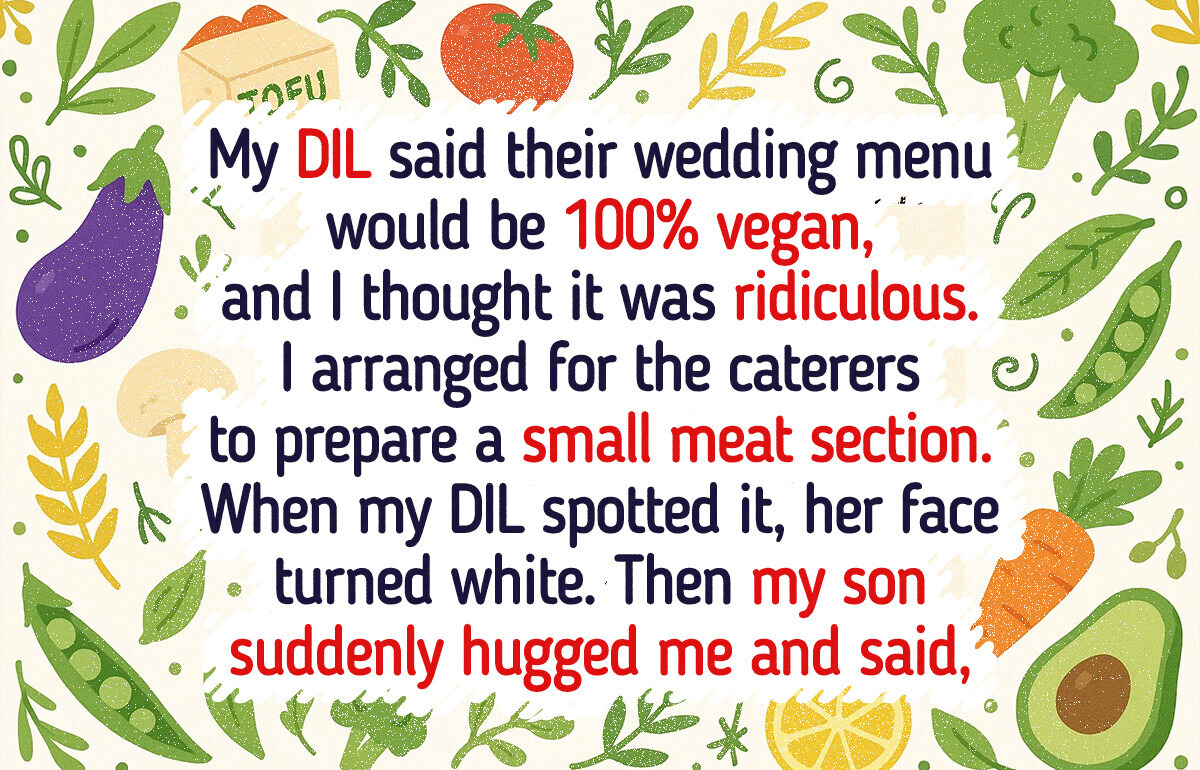
For Norma, things didn’t sit right when her daughter-in-law chose a fully vegan menu, especially since Norma’s family enjoys eating meat and fish. She secretly organized for non-vegan food to be served. Now, with hurt feelings and tension in the air, Norma is looking for guidance on how to handle the fallout while keeping her family’s health and happiness in mind.

I always knew my son’s fiancée was vegan, and I respected it. But when I found out the entire wedding menu was vegan, not even one vegetarian-friendly dish with cheese or eggs, I felt frustrated. I thought it was ridiculous. My side of the family loves meat.
I thought I’d found a harmless compromise: I hired a small caterer to prepare meat dishes just for our table. When the food came out, it was like the air changed. My DIL was posing for photos when she caught sight of the barbecue table.
She walked right over, silent but red-faced. Then—without warning—she grabbed an entire tray of grilled skewers and dumped them into the nearby trash can. Then she turned to me and said through clenched teeth, “You completely disrespected me.”
Later that night, my son came to find me. He hugged me tight and whispered, “Mom, please, don’t let this ruin our day. Just apologize.” But I told him, “I didn’t do this to hurt anyone. I just didn’t want people to leave hungry.”
Since then, they’ve distanced themselves. I haven’t even seen a wedding photo. Was I being disrespectful?
Norma
Norma, we really appreciate you opening up and trusting us with your experience. We’ve put together some helpful suggestions that might guide you through this tricky time.
Seek compromise.
Try opening up a thoughtful and respectful conversation with your daughter-in-law. Let her know you understand her views on veganism and that you’re sorry for any confusion or tension caused by the extra food arrangements.
Suggest finding a balanced approach going forward—maybe meals that include something for everyone, so no one feels left out. Keeping communication open can help both sides feel heard and valued.
Reconnect with your son.
It sounds like your son is caught between two people he loves. When you reach out, tell him that you’ve been reflecting and truly regret that your decision put a shadow over their day. Let him know you’d like to make peace—not by changing who you are, but by building a bridge between the two families.
Remind him that you respect his marriage and want to be included in their future. Ask if he’d be open to a calm, no-pressure coffee with just you and him first. Showing grace to your son right now might open the door to deeper healing with his wife later.
Offer a sincere apology.
Take a moment to say you’re truly sorry to your daughter-in-law for not honoring her wishes. Let her know you regret how things played out, especially since it was an important day for her.
As a way to make things right, you could invite the family over for a meal she can help plan—one that reflects her values. It shows you’re open to rebuilding the bond and creating a more respectful, thoughtful dynamic.
Be patient, but don’t disappear.
Sometimes, after conflict, it’s easy to wait in silence, hoping the other person will come around. But people often interpret that silence as distance or indifference. Send small signs of love. A card on a holiday. A kind message on a birthday. Even a simple “Thinking of you” shows your heart is still open.
Healing might take time, but silence can make walls grow higher. You don’t need to chase approval, but staying present reminds them that you’re here, ready to reconnect when they are.
Leah’s special day didn’t go quite as planned. Despite a heartbreaking loss in the family, she decided to go through with her wedding, hoping to find a moment of joy in the sadness. Take a look at Leah’s emotional journey and what led her to make such a tough decision.
Comments
The person who worte this is obviously taking sides. "you’re sorry for any confusion or tension." They know the couple made a deliberate decision and didn't tell the couple about the food because they knew it would be an issue. I doubt they regret anything other than being called out. "Suggest finding a balanced approach going forward—maybe meals that include something for everyone." Everyone can eat vegan food. Many vegans still crave meat so bringing something fragrent like bbq to something that is supposed to be all about the couple is incredibly rude. If this was just a random meal then it would be fine to bring your own food, but weddings are supposed reflect the cultural values of the couple so this says 'my values are more important than yours, yours are invalid.' It's like going around praising Satan at a Christians wedding, no one would be ok with that. "not by changing who you are." One meal doesn't change a person. They ordered catering which means they didn't even plan on giving vegan food a chance. They could have at least eaten outside and then come back to celebrate. This person should definitely learn some respect.
Related Reads
11 True Stories That Took Us on an Emotional Roller Coaster

12 Stories That Prove Kindness Still Wins in a Cruel World
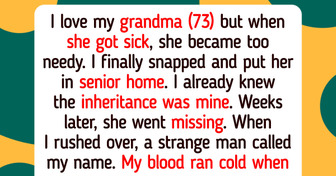
My DIL Refuses to Let Me Babysit My Grandson, She Wasn’t Ready for My Payback
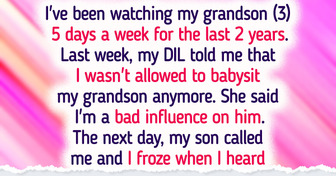
HR Fired Me Right Before My Vacation, So I Used It Against Them
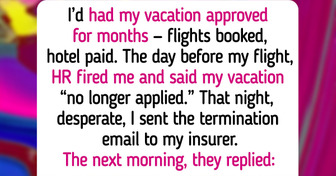
My Sister Tried to Turn Our Family Cabin Into Her Free Resort, So I Changed the Rules
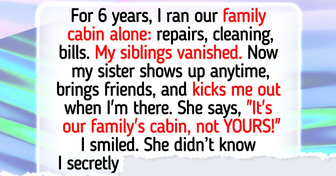
20+ Gifts That Prove It’s the Thought That Truly Counts

I Refuse to Forgive My Parents After They Took My Inheritance for Being Childless
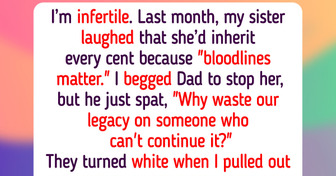
15 Times Someone Showed Kindness Without Saying Anything
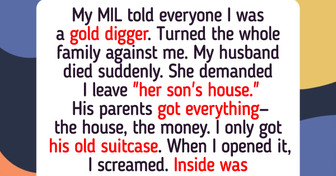
11 People Who Chose Humanity Over Hatred in the Darkest Moments
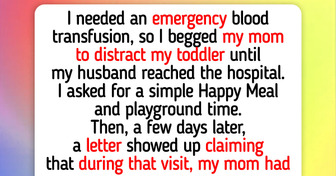
I Refused to Pay for Our Valentine’s Dinner—Then I Learned the Heartbreaking Truth

I Refuse to Let My Sister Hijack My Pregnancy Announcement

14 Quite Acts of Kindness That Changed Someone’s Life Forever



